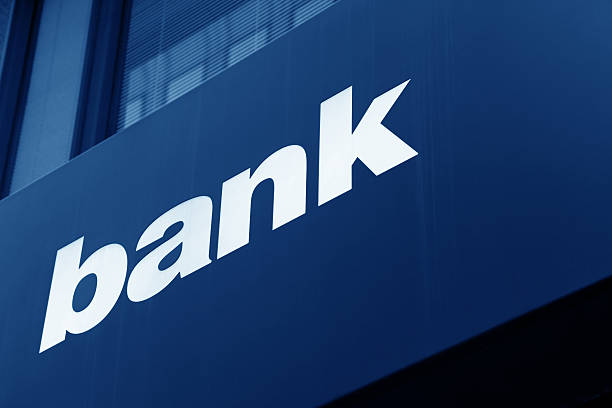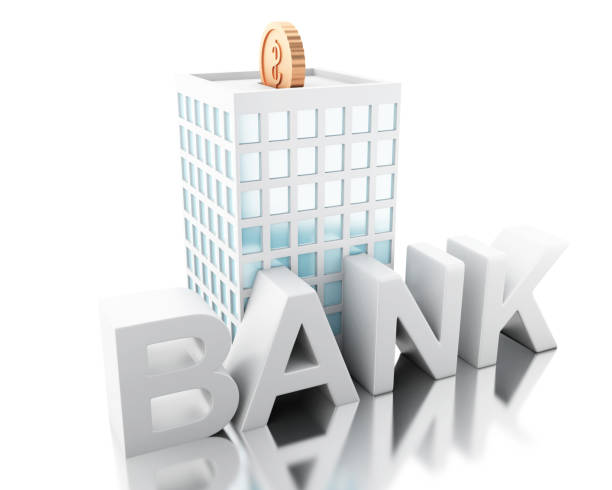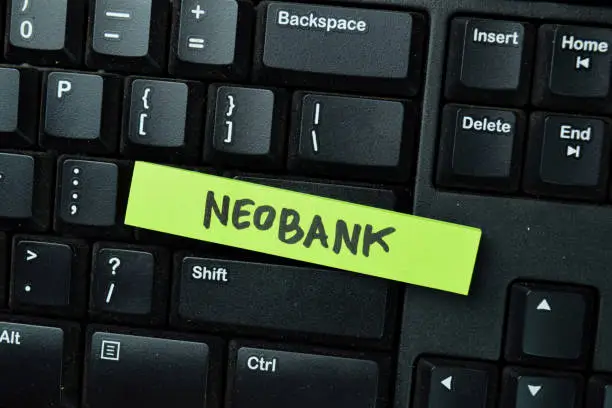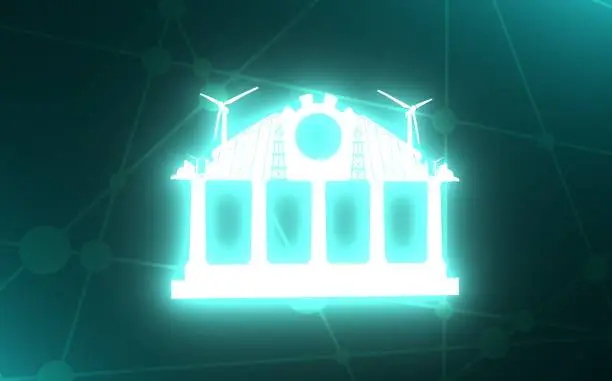Many people have access to credit cards with which they can purchase products they would rather wait to pay for in full. But some also have access to Bitcoin. If you have both, which one should you use and when should you utilize them to make the most of your money?
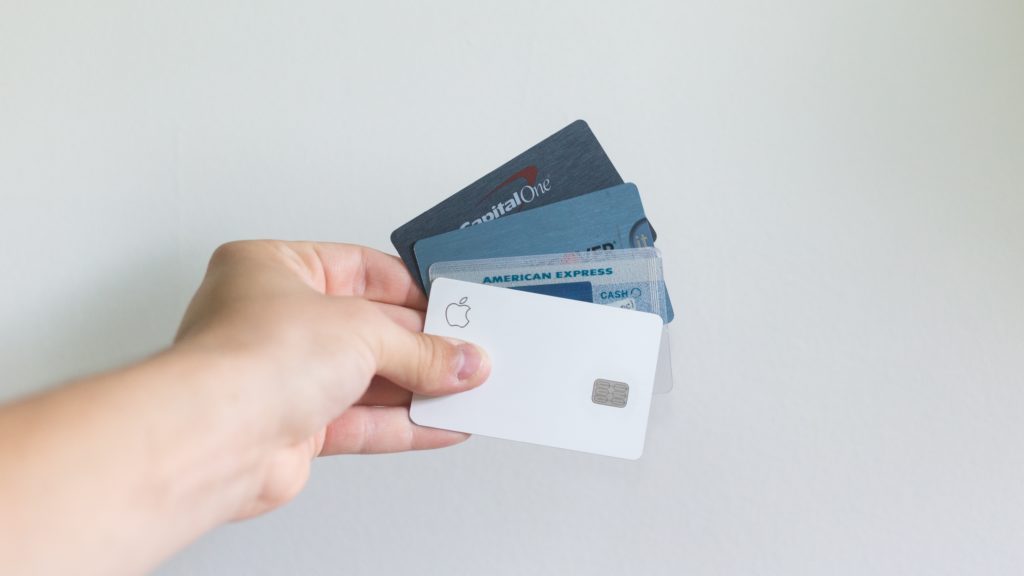
Bitcoin transactions
Peer-to-peer transactions, which cut out all parties but the two carrying out the money exchange, are how Bitcoin was intended to work. Your digital wallet is where your bitcoins are kept. You don’t need to rely on a financial institution to hold your money.
Payments are made directly from one party to another without passing through another financial institution, analogous to wire transfers or cash transactions. Each payment transaction is recorded in a public blockchain and processed by a private network of computers.
It is not necessary to give personal identification, like your name and address, while completing a Bitcoin transaction. This indicates that no one keeps an eye on your financial transactions or sets restrictions on what you can and cannot do.
Credit Card Transactions
In contrast, you authorize a merchant to “draw” money from your account through a credit card transaction, which involves financial middlemen. An ordinary Visa transaction, for instance, often involves five parties: the credit card network, the retailer, the acquirer (the financial institution that authorizes payments to the retailer), the issuer (the cardholder’s bank), and the cardholder. The payment processor, although many are also the acquiring bank, is occasionally the sixth party.
Each party participating in the transaction levies costs that are later transferred to the cardholder, effectively raising prices. Additionally, credit cards need to be physically kept in a safe place. Although technology is advancing, card numbers are still simple for hackers to acquire, especially if you let shops keep them for future convenience. If you don’t, hackers may still gain access to the merchant’s files and take your card information.
Key differences
An anonymous alphanumeric address known as a public key and a private key is used to conduct bitcoin transactions. Quick response (QR) codes connected to your wallet can also be used to make payments on mobile devices. On mobile devices, credit cards can also be used, but the payments must pass through many organizations before they are processed and approved.
The fact that you frequently hand your card to someone else or swipe it at a point-of-sale terminal is one of the main contrasts between the two. These devices are susceptible to hacking, and fake terminals could send your credit card information to thieves. Your credit card information could be retained, sold online, or used by a dishonest cashier. Bitcoin is sent directly from your digital wallet to the party you are paying, with no chance of information eavesdropping.
Bitcoin transactions are fundamentally different from credit card transactions in that they cannot be reversed and can only be returned by the individual who received them. This means that while accepting Bitcoin as payment, there are no chargebacks for merchants. A charge-back is when a credit card company requests that a retailer pay the cost of a disputed or fraudulent purchase.
Further differences
Additionally, merchants who take Bitcoin avoid credit card costs, which can vary from 0.5 percent to 5 percent plus a flat transaction fee of $0.20 to $0.30. Bitcoin rates depend on the volume of data sent or the wallet you use, so payments might be sent and received for a very small price or even for free.
The benefits of accepting Bitcoin are clear to business owners. Payments done with digital money have significantly lower processing costs and no charge-back risk.
The benefits of using Bitcoin as payment for consumers include a simpler transaction placement process, anonymous users, less intermediary interference, and low transaction costs.
Other benefits of credit cards include the ability to borrow money and earn rewards. Additionally, a lot more retailers and vendors accept them. However, using a credit card comes with the possibility of being charged late fees, interest costs, foreign transaction fees, or having your credit score lowered.
Which you select will rely on your preferences for fraud prevention, simplicity of use, anonymity, and opinions on cryptocurrencies and current financial systems.
